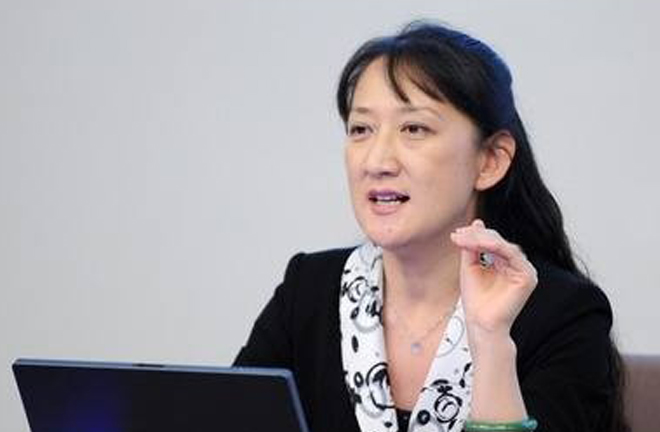YAN KUN: Principal contradiction facing Chinese society has evolved
 It is essential to correctly understand the salient features of China’s current stage of development to deepen reform and accomplish the country’s historical missions.
It is essential to correctly understand the salient features of China’s current stage of development to deepen reform and accomplish the country’s historical missions.
While delivering a report to the 19th CPC National Congress, General Secretary of CPC Central Committee Xi Jinping pointed out that socialism with Chinese characteristics has entered a new era, marking a milestone in the national history of the People’s Republic of China. It is also of great significance in the history of world socialist development and that of human society.
The development of things is mainly manifested as the change of their principal contradiction or the changes of the major aspects of the contradiction. What makes the “new era” the current historical phase of China is that from the perspective of theory and practice, the principal contradiction of Chinese society has shifted.
Now that socialism with Chinese characteristics has entered a new era, the principal contradiction facing Chinese society has evolved. What we now face is the contradiction between unbalanced, inadequate development and the people’s ever-growing demand for a better life, which was highlighted at the 19th CPC National Congress.
Previously, at the Sixth Plenary Session of the 11th CPC Central Committee convened in 1981, the principal contradiction observed was between “the ever-growing material and cultural needs of the people and backward social production.”
In regard to the major aspects of contradiction, three changes in Chinese society can be detected: One is that the essence of people’s needs has largely extended beyond the material and cultural spheres to include a broader variety of aspects that constitute a better life—material, intellectual, social, institutional, and ecological progress.
Second, the social production capacity has improved substantially. Bidding farewell to backward social production, today’s China has developed into an economic power and a manufacturing giant. As the world’s largest exporter and second-largest economy, it has overcome the past era of economic scarcity and social production is developing more advanced forms, more complex structures and a more reasonable division of labor.
Furthermore, the country’s development priority has shifted to supply-side structural reform. Imbalance and inadequacy, the current stage of the characteristics of development, are the main sources of weakness. It thus has become crucial to ensure benefit and efficiency by achieving balanced development and scale and quality should be ensured by adequate development. At the same time, measures such as cutting overcapacity, de-stocking excess inventory, deleveraging, reducing costs and strengthening weak areas should be implemented and the new development concepts featuring innovation, coordination, green, openness and sharing should be unswervingly insisted upon.
Resolving the problem of unbalanced and inadequate development is also the important basis on which China is able to innovate its development ideas and cultivate new drivers of development in the new era. The fields that unbalanced and inadequate development involves can be perceived in a broad sense. Unbalanced development covers many aspects that affect each other and are difficult to resolve due to their huge risk and impact. And inadequate development mainly includes the inadequacy in elements, industries, competition, modes and forms, which requires the improvement of mechanisms and the strengthening of governance to foster an ordered, stable, vigorous and innovative development situation.
Aiming at the aforementioned problems, the 19th CPC National Congress report highlighted the importance of addressing unbalanced and inadequate development while forging ahead, stressing that quality and efficiency should be vigorously enhanced to better satisfy people’s ever-growing needs in economic, political, cultural, social and ecological dimensions, and to advance the progress of human beings as well as social development in a comprehensive way.
Yan Kun is a delegate to the 19th CPC National Congress and the research fellow, secretary of the Party Committee of the Rural Development Institute at the Chinese Academy of Social Sciences.

 PRINT
PRINT CLOSE
CLOSE